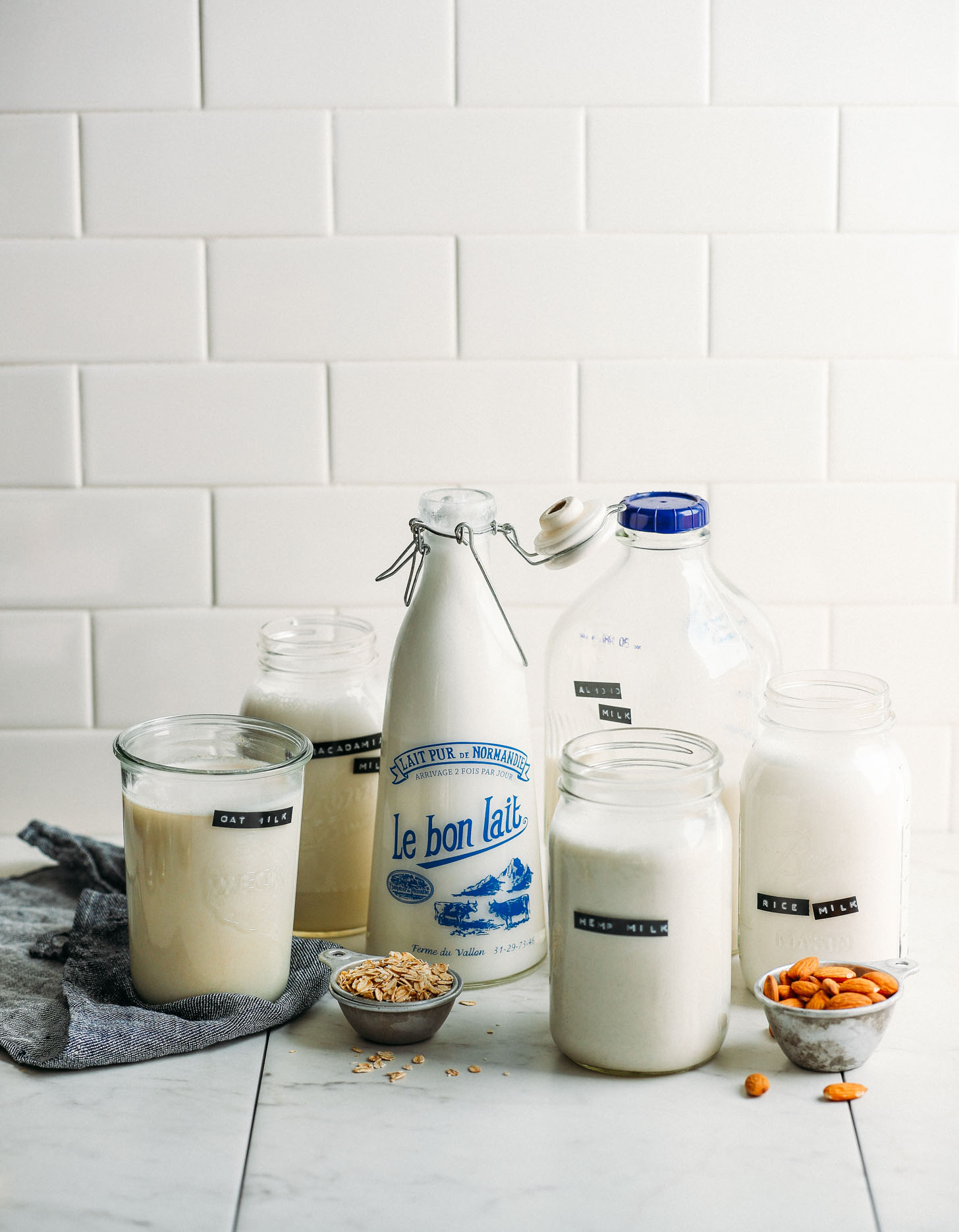With the recent cessation of the tragic Australian Bushfire, colloquially known as the Black Summer, there have been countless ramifications of Australians’ livelihood, the economy and the general morale. In this blog, I will be delving deeper into the economical effects of this devastation, specifically the price of groceries.

On 14 January 2020, it was announced by Scott Morrison, the Australian Prime Minister that we would be seeing a surge in the prices of our groceries as a result of the bushfires. A large attributing factor to this would be the lack of supply as 19 000 farmers, foresters and fishers in Australia’s primary production farmland were quoted to be “Hard-hit”, ultimately rendering some of our daily products to be more of a scarcity than the abundant supply we have been comfortable with. This change saw many rises in a wide range of products, mainly affecting fresh produce, a few included a 4.7% increase in pork prices, milk up 1.7% and cheese rising 2.4%.

Linking this situation to economic concepts, it would be an oddity due to a deviant natural disaster that was unprecedented. An example of a concept that is unable to be applied is consumer sovereignty. In this case the consumer does not have the control over the output due to the supply being affected.

A personal thought of my own would be the opportunity cost of this situation. While I do believe the initial rise of groceries will eventually subside with the recovery of our primary production farmland, there have been existing factors before this particular rise in prices, such as the inflation of AUD, which eventually will result in a gradual rise of our food products regardless. Theoretically, the obvious option for a higher opportunity cost would be to purchase less fresh produce, however, for most of us that would mean changing our food choices that we have accustomed to, which is not a worthy change for a small sum of money in the long run in my opinion. Therefore, my view on this situation would be just to continue with our usual purchasing of fresh produce as it is a macro-factor on a small-scale that everyone has to accept.
Bibliography:
(Main Source) [13 March 2020]
(Statistical Information) [16 March 2020]
(Inflation Affecting Grocery Prices) [16 March 2020]

Very interesting view on the effects of Bushfires on our economy. I wonder what would happen now with the Coronavirus.
LikeLike